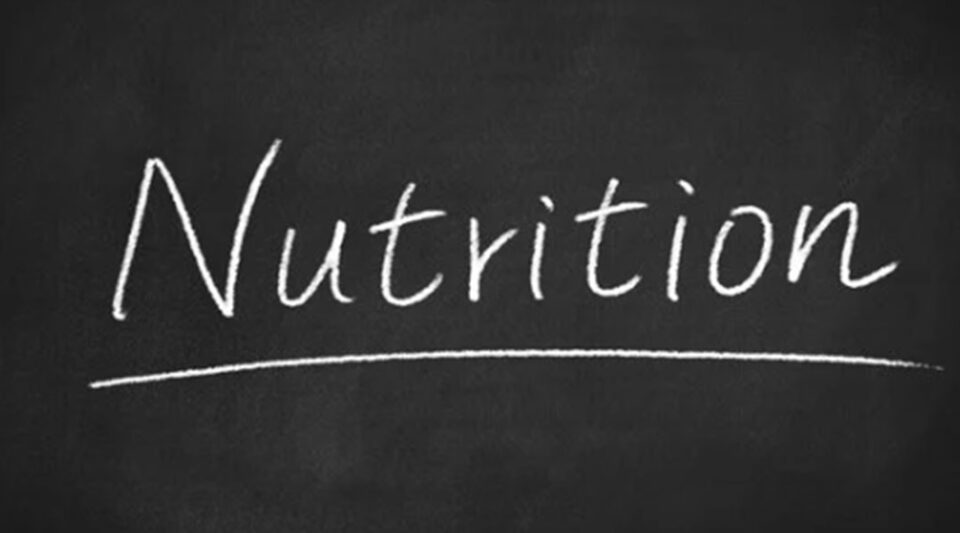Weight loss surgery has emerged as a highly effective solution for people struggling with obesity and related health issues. This procedure offers patients the chance to regain control of their weight and overall health. While weight loss surgery comes with its own set of challenges and risks, proper nutrition plays a pivotal role in ensuring that patients achieve their desired weight loss goals and enjoy a healthy, fulfilling life post-surgery. In this article, we will examine the importance of nutrition in weight loss surgery and provide actionable tips for those considering this life-changing procedure.
The Significance of Postoperative Nutrition
Following weight loss surgery, adhering to a well-rounded, nutrient-rich diet is crucial in guaranteeing the success of the surgery and promoting overall healing. The weight loss surgery in Miami involves making significant changes to the digestive system that subsequently alters the way the body absorbs nutrients. Consequently, it becomes even more important for patients to prioritize their nutrition to compensate for these changes.
A proper postoperative diet helps to minimize complications, enhance recovery, and support a patient’s weight loss journey. It is crucial to ensure that all nutritional needs are met to prevent deficiencies, which could lead to other complications. Moreover, a nutritious diet will provide patients with the energy they need to lead an active and fulfilling life.
Essential Components of a Nutrient-Rich Weight Loss Surgery Diet
A balanced diet post weight loss surgery should include an adequate intake of the following:
- Protein: Consuming sufficient protein is essential in preventing muscle loss, enhancing tissue repair, and supporting the body’s immune function. Patients should incorporate lean protein sources, such as chicken, fish, beans, legumes, or low-fat dairy products into their meals.
- Vitamins and Minerals: With the altered absorption rates after weight loss surgery, deficiencies of essential vitamins and minerals are common risks. Incorporating Vitamin B12, Vitamin D, calcium, and iron through diet or supplements is vital to prevent potential deficiencies.
- Hydration: Staying well-hydrated is another critical aspect of a postoperative diet. Patients should strive to drink a minimum of 64 ounces of water daily. Hydration supports digestion, ensures proper nutrient absorption, and aids in the body’s overall function.
- Fiber: A fiber-rich diet aids in maintaining digestion and alleviating constipation, a common post-surgery side effect. Good sources of fiber include fruits, whole grains, and vegetables.
Recommendations for a Successful Weight Loss Surgery Diet
As a part of their commitment to adopting a healthier lifestyle, patients should consider the following recommendations:
- Eat small, frequent meals throughout the day to avoid overeating and ensure nutrient requirements are met.
- Chew food thoroughly to improve digestion and nutrient absorption.
- Limit the consumption of high-fat, high-sugar, and processed foods to promote optimal weight loss.
- Prioritize mindful eating by engaging all senses and focusing on hunger and satiety cues.
To Conclude
Being mindful of your nutritional needs and following a well-balanced diet is essential if you are thinking about the reasons to consider weight loss surgery and want to achieve the best possible outcomes. So, make sure to consult with your healthcare team and registered dietitian to create a personalized nutrition plan that meets all of your postoperative needs. Remember, nutrition is the foundation for a healthier, happier life after weight loss surgery. So, prioritize it and enjoy the journey towards achieving your desired weight goals!

